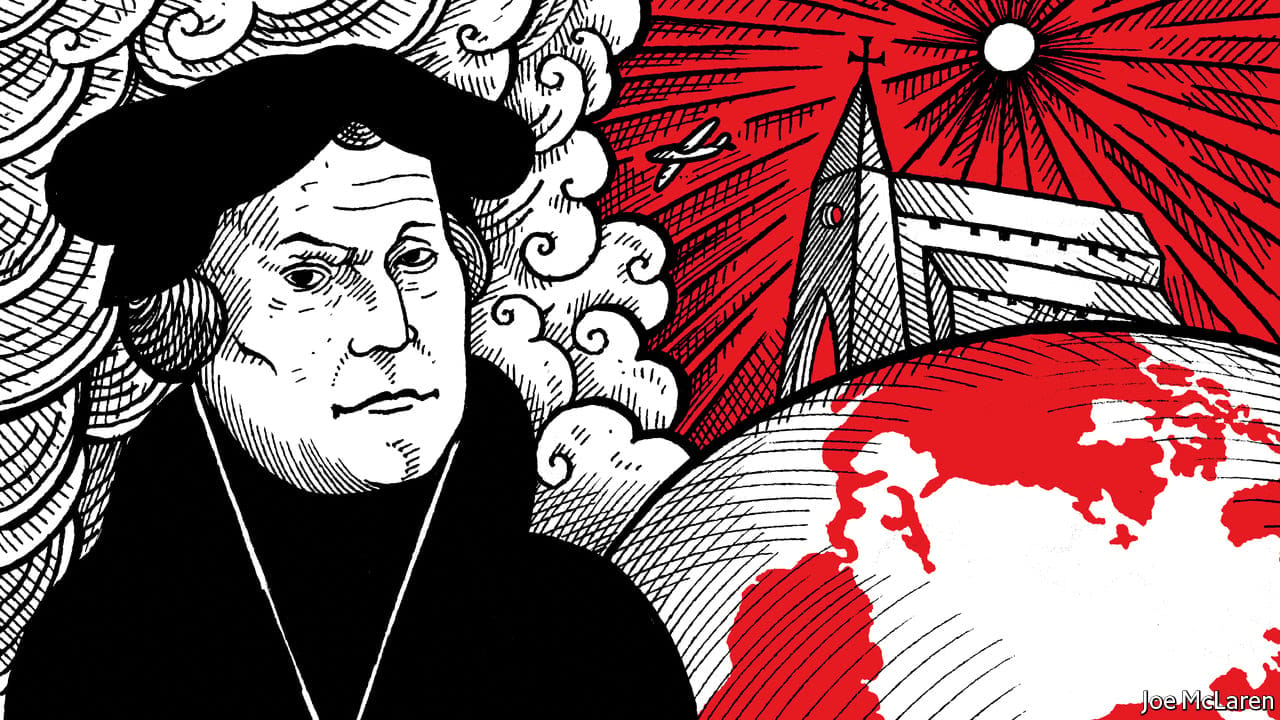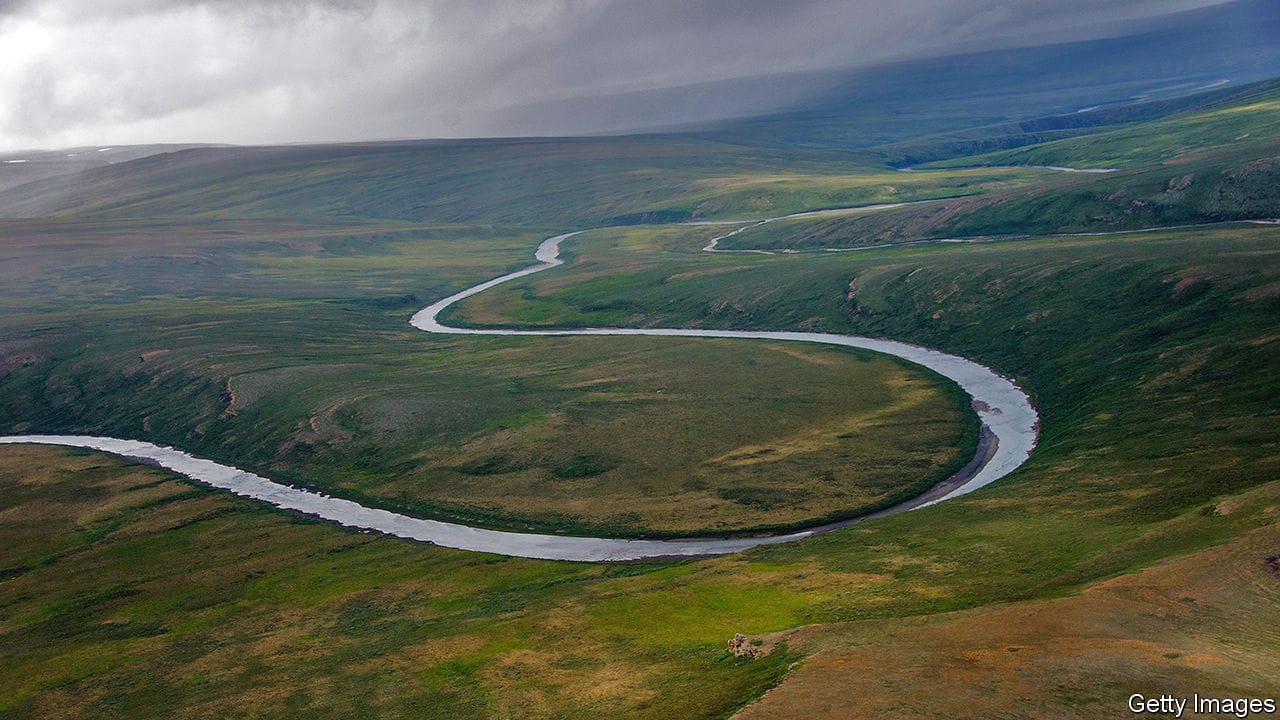The stand

IN THE summer of 1974, a 26-year-old Mayan villager lay drunk in a town square in the Guatemalan highlands. Suddenly he heard a voice that was to change the course of his life and that of his home town, Almolonga. “I was lying there and I saw Jesus saying, ‘I love you and I want you to serve me’,” says the man, Mariano Riscajche. He dusted himself down, sobered up and soon started preaching, establishing a small Protestant congregation in a room not far from the town’s ancient Catholic church.
Half a millennium earlier, a 33-year-old German monk experienced something similar. At some point between 1513 and 1517, Martin Luther had a direct encounter with God and felt himself “to be reborn and to have gone through open doors into paradise”. His moment of being born again was private. The day on which he is said to have nailed a list of 95 complaints about ecclesiastical corruption to the church door in Wittenberg, Saxony—widely thought to have been October 31st 1517—made the private public and, soon, political. A mixture of princely patronage, personal stubbornness and chance led what could have ended up as just another minor protest in a remote corner of Europe to become a global movement.
This article appeared in the Essay section of the print edition under the headline “The stand”
More from Essay

Solar power is going to be huge
An energy source that gets cheaper and cheaper is a wonderful thing

How AI could change computing, culture and the course of history
Expect changes in the way people access knowledge, relate to knowledge and think about themselves

The Alaskan wilderness reveals the past and the future
The oil flows more slowly, the climate changes more quickly
How a free and open Hong Kong became a police state
It was a long time in the planning
Viruses have big impacts on ecology and evolution as well as human health
They are ubiquitous, diverse and very powerful
The South Asian monsoon, past, present and future
A story of famines and trade, science and cupidity
